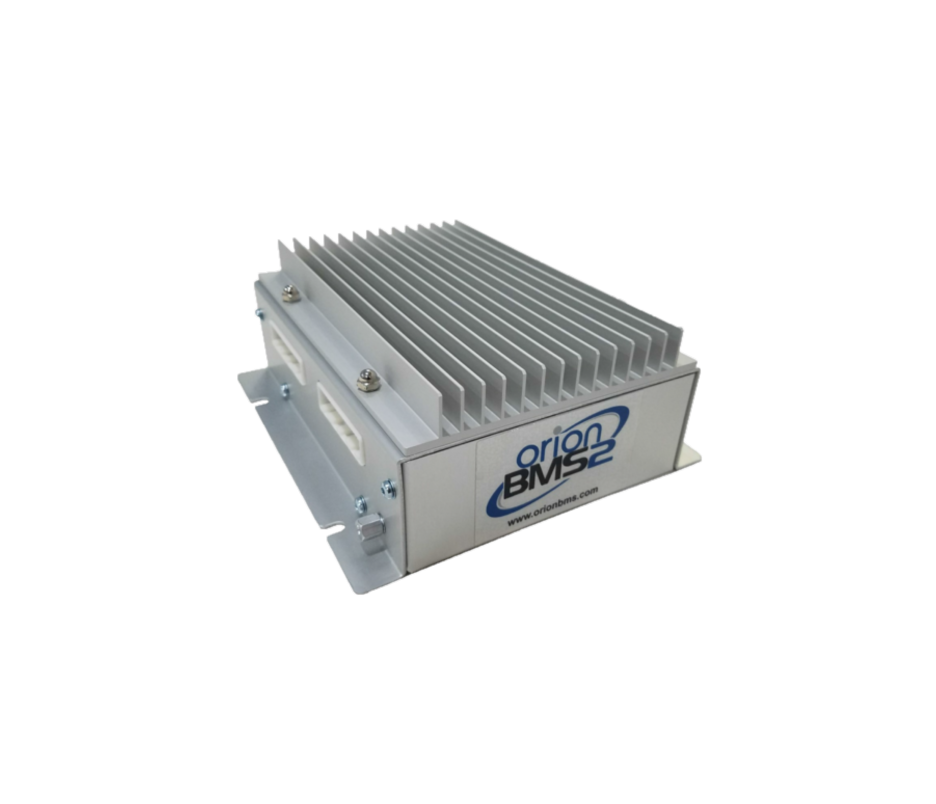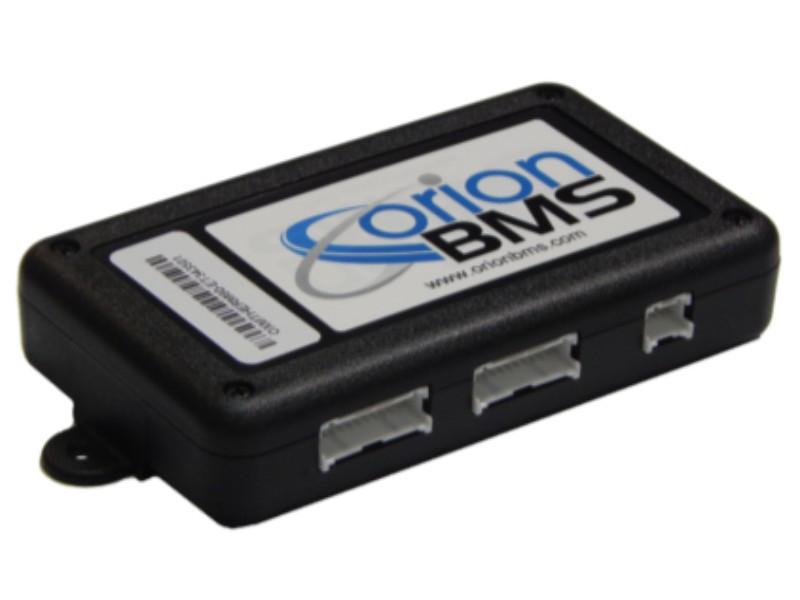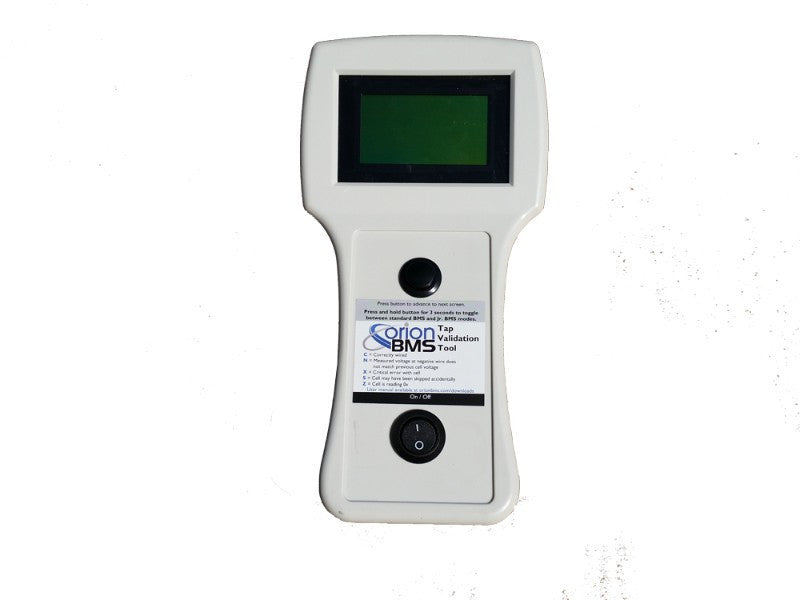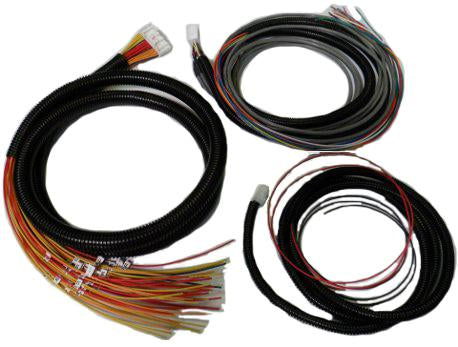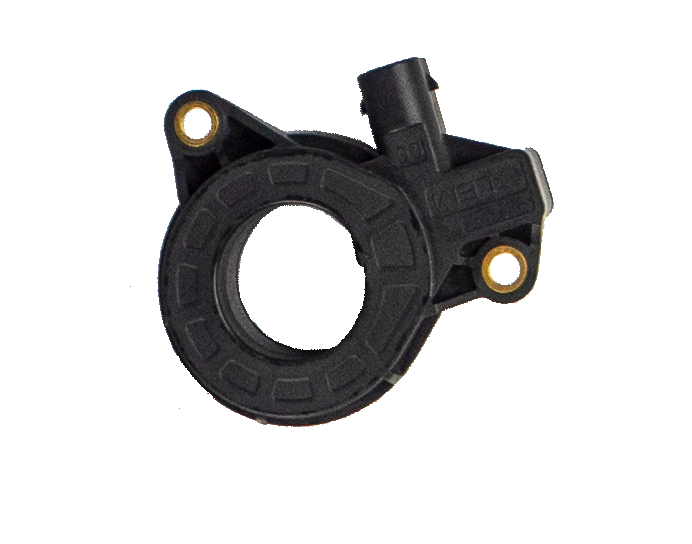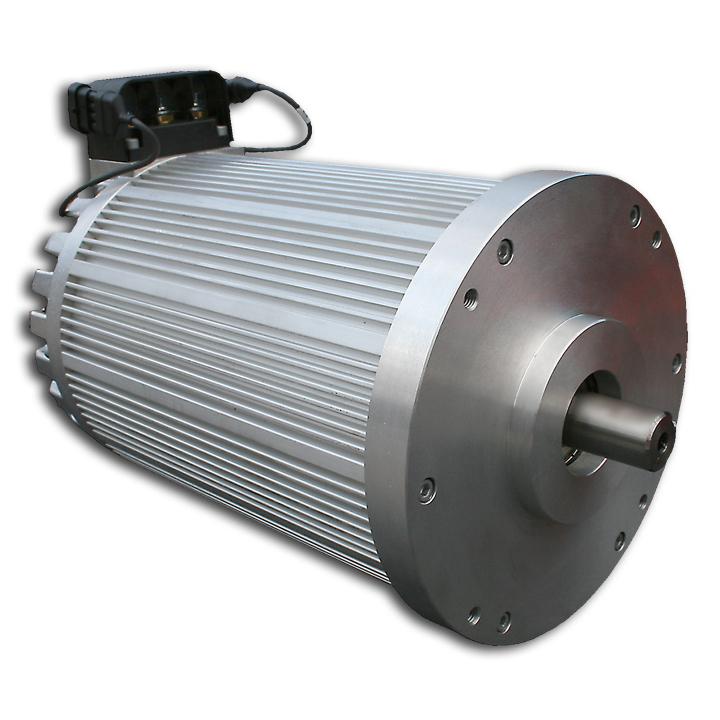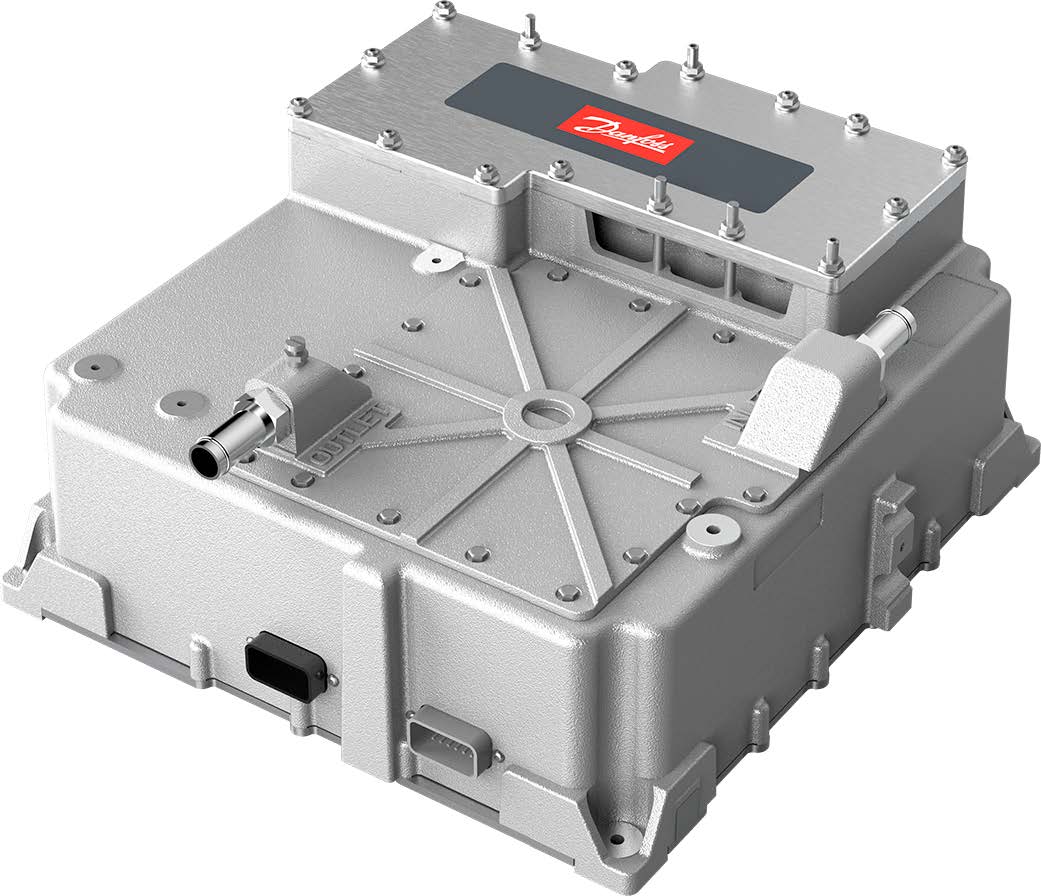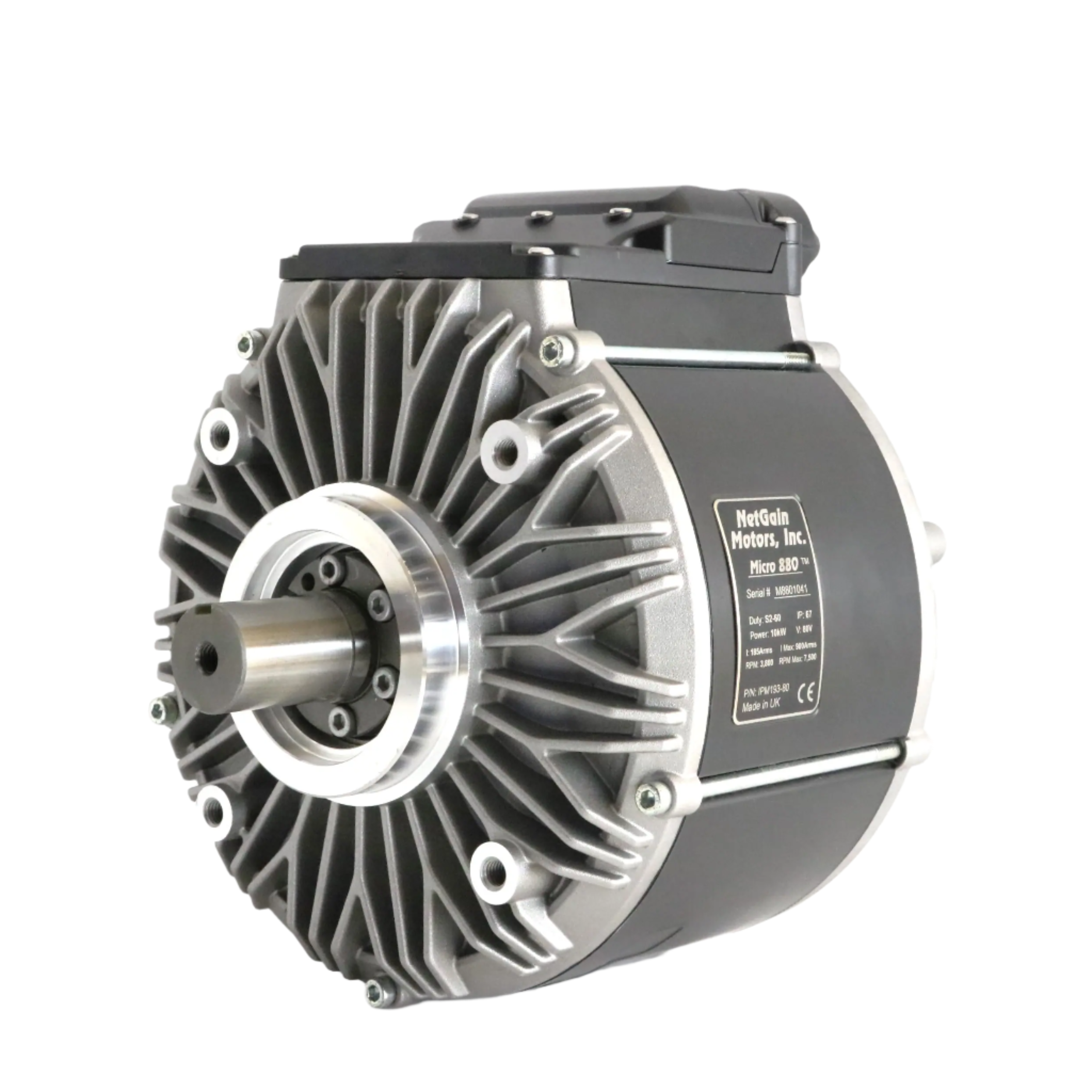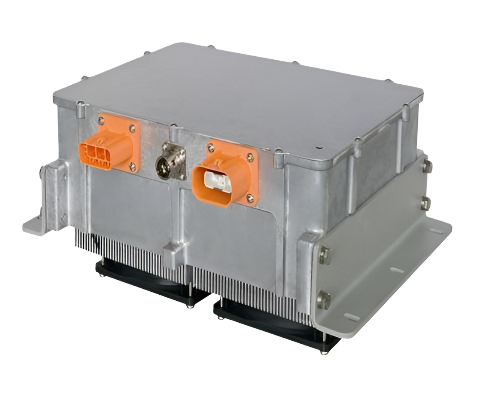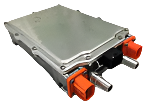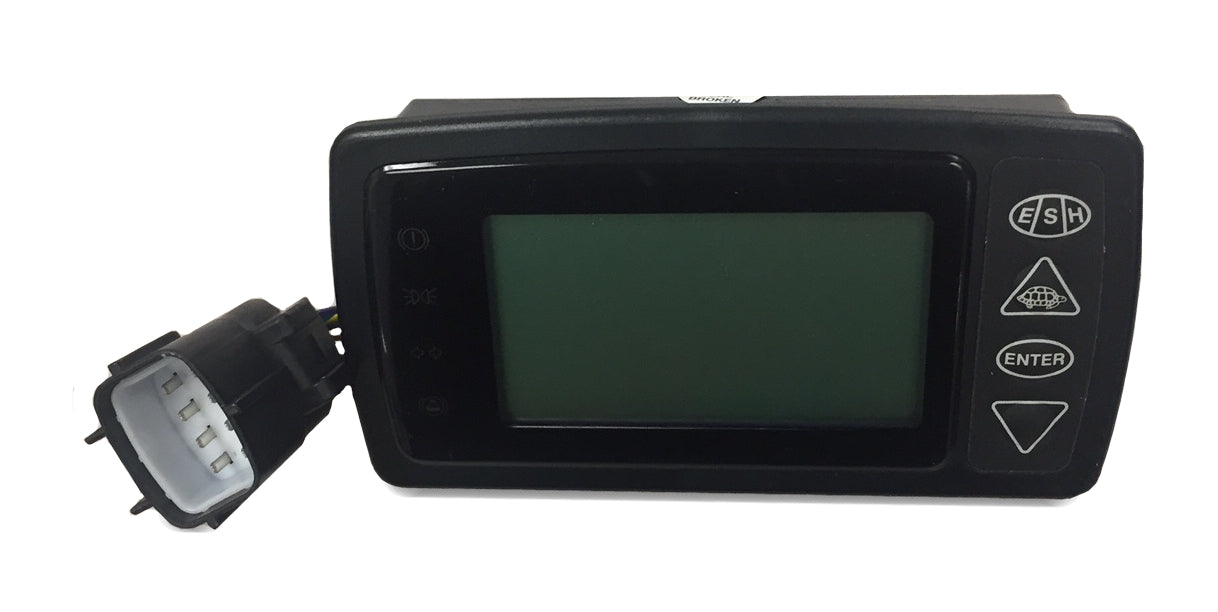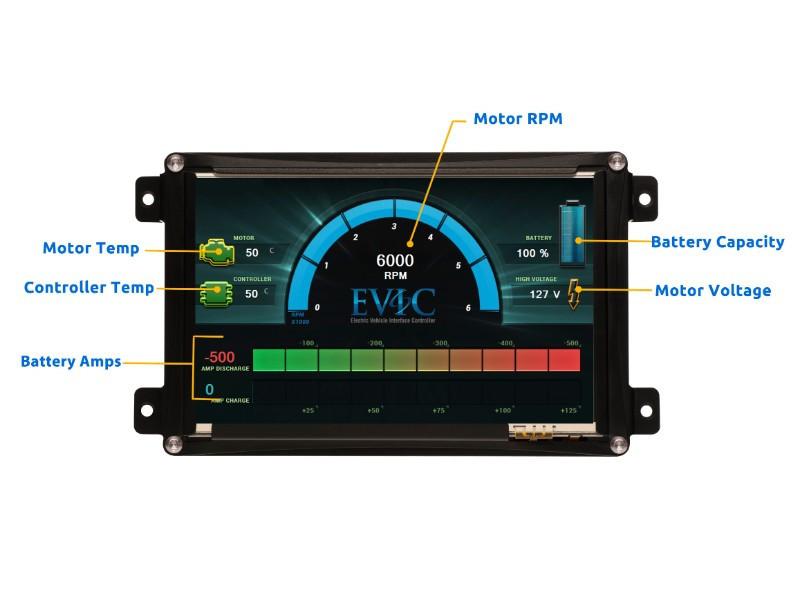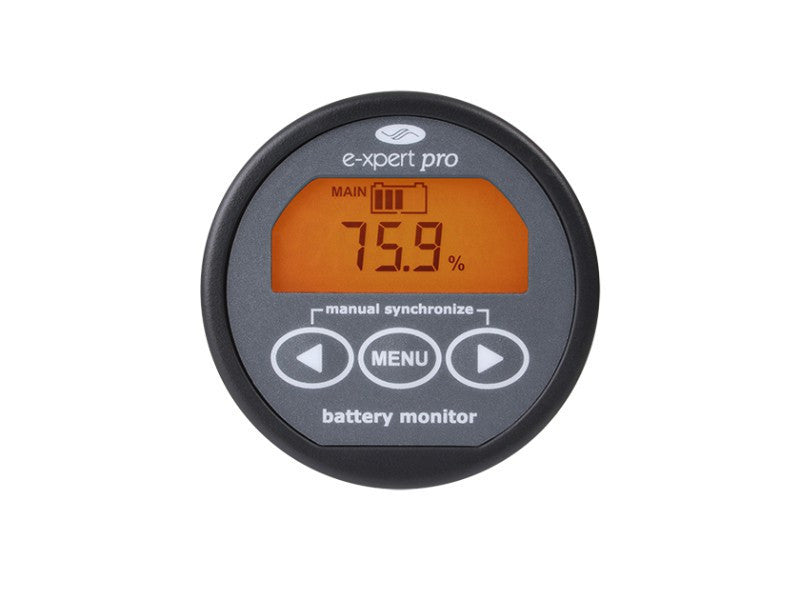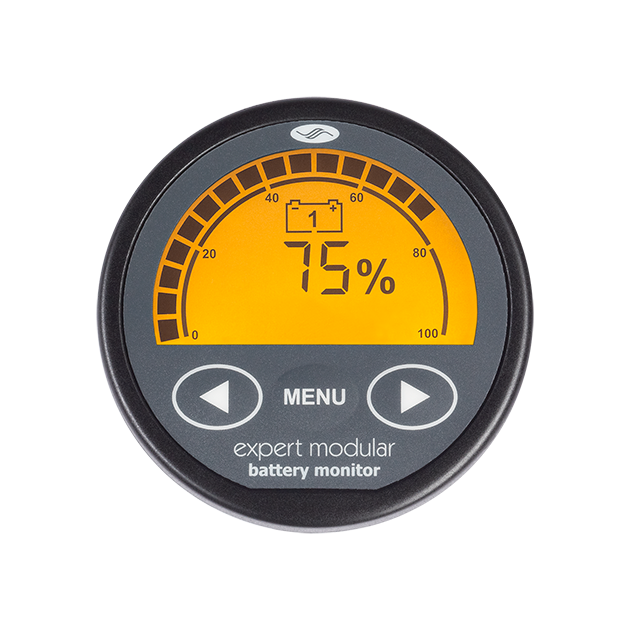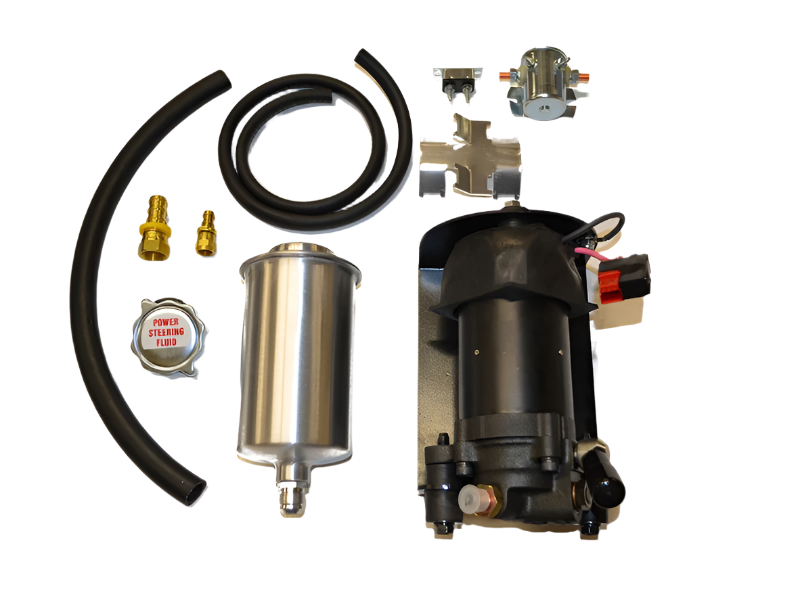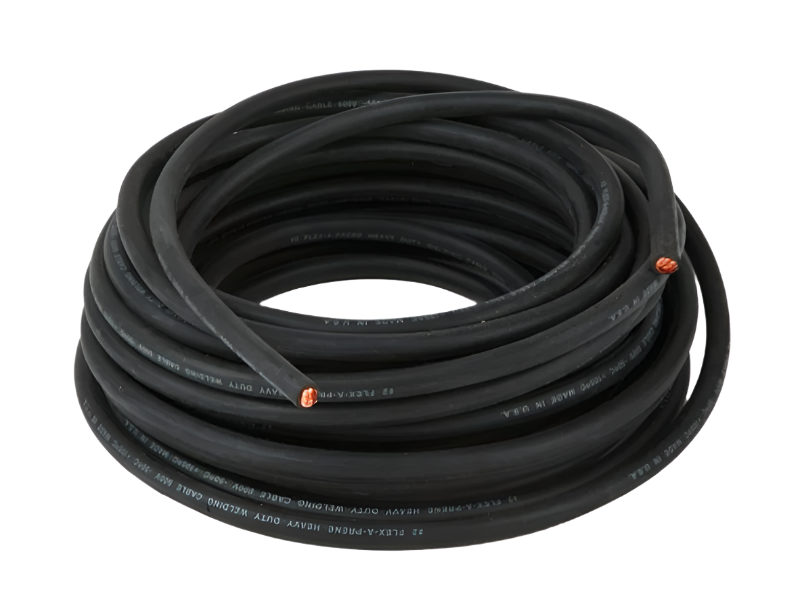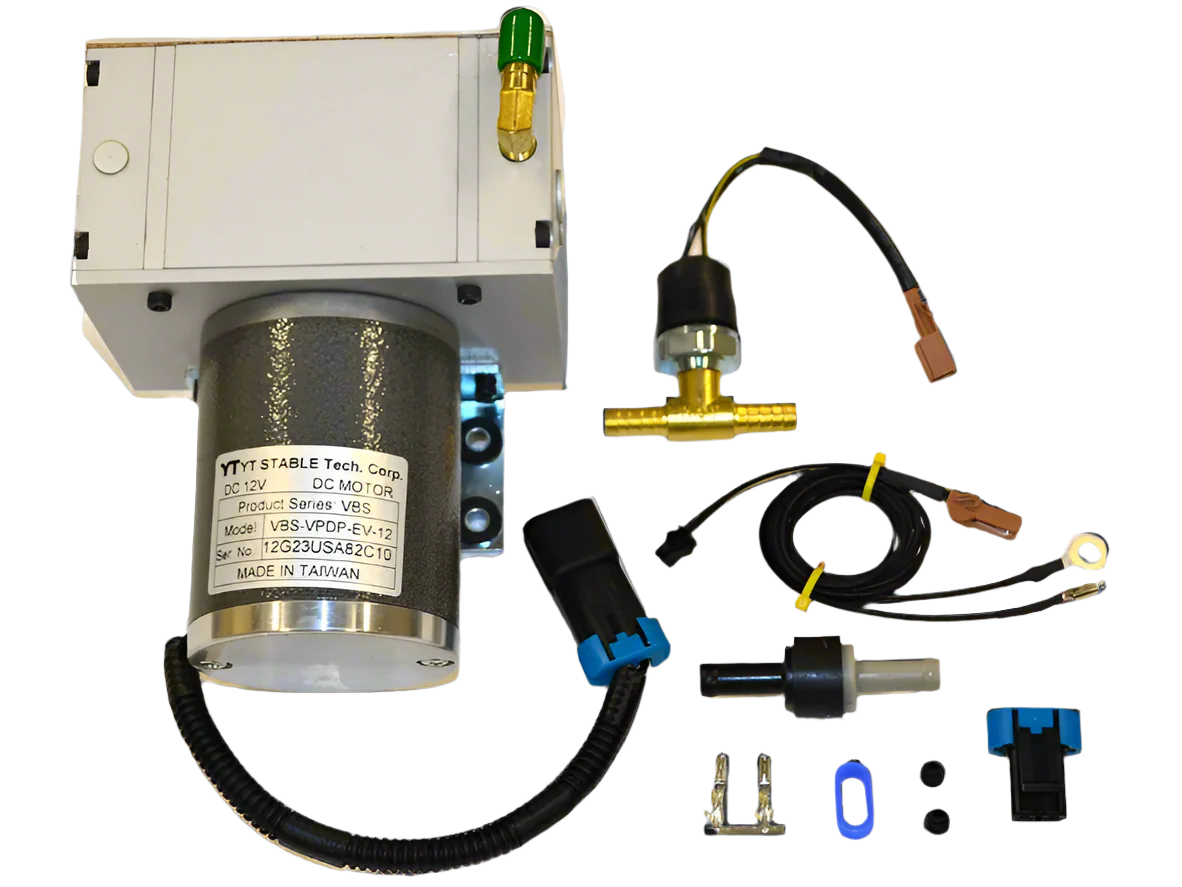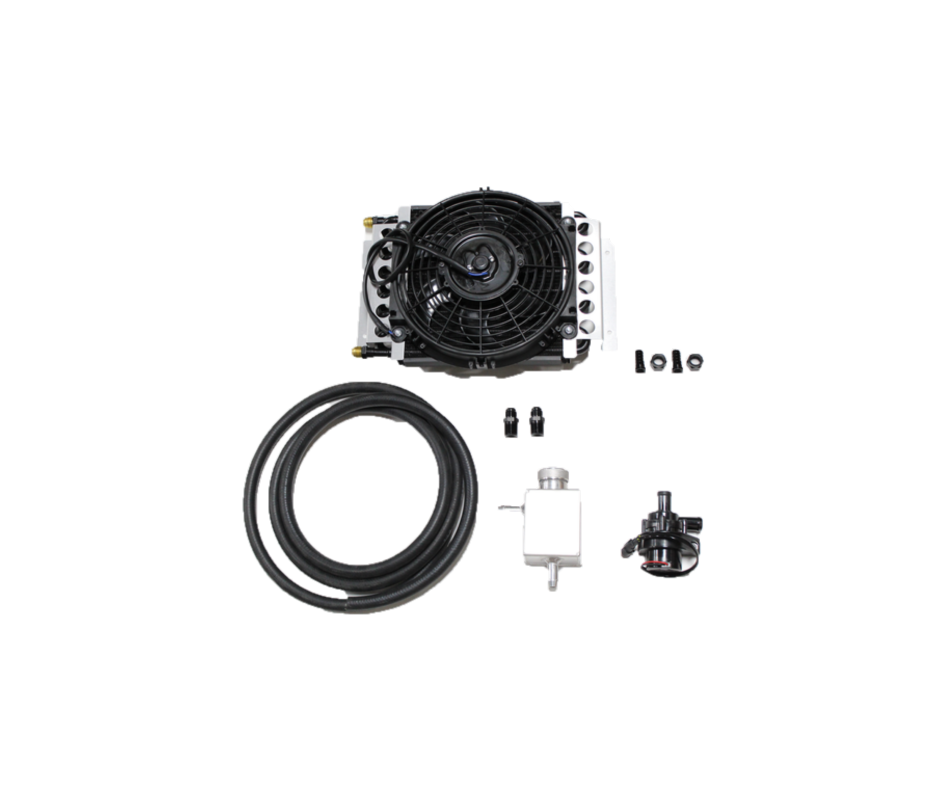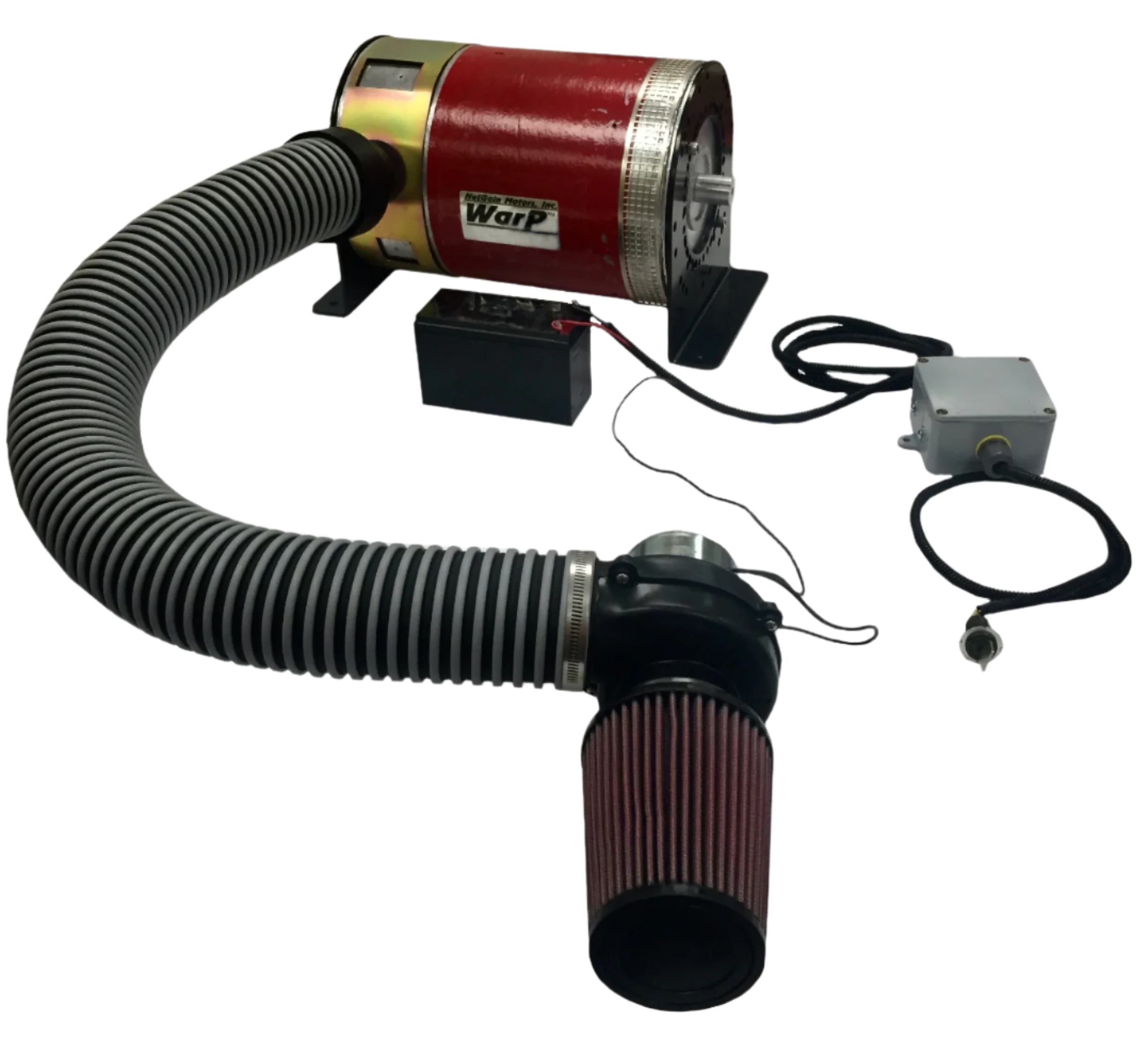We highly recommend that you thoroughly review the attached FAQ section prior to contacting our sales team at sales@evsource.com. This should answer most of the questions you might have prior to purchasing an EV kit and will set you up for success!
Calculating Range:
These formulas are applicable assuming that your DOD (Depth of discharge) is 100%.
The formula for range (standard vehicle):
((Volts * ah)/1000)/250=miles per charge
The formula for range (pickup truck):
((Volts * ah)/1000)/400=miles per charge
Calculating 0-60:
We cannot assist in providing a 0-60 estimation as this is difficult to determine when using used batteries and will be impacted by multiple factors. If you are interested in calculating your vehicle's estimated speed to reach 60 mph we recommend reading this article: https://www.omnicalculator.com/everyday-life/0-60.
Calculating Top Speed:
Top speed is contingent on terrain, vehicle weight, pack voltage, and amp-hour (or C-rate pulse potential of the battery) so it's not easy to define either. Typically anything over 144Vdc is roadworthy and capable of freeway speeds. We recommend reading this article if you need additional information relating to your EV's top speeds: https://gesrepair.com/how-to-calculate-motor-rpm/
What would the anticipated maintenance be?
We recommend regularly checking your coolant lines for fluid.
How long would it take to charge my electric vehicle?
The amount of time your vehicle takes to charge depends on the kWh of your battery pack and the kW output of the charger (which may depend on the AC input - 120VAC vs 240VAC). 240VAC will output more power from the charger than a 120VAC input. If you have a 20kWh battery pack and your charger can output 5kWh then this pack will charge from 100% DOD to 100% SOC (State of Charge) in ~4 hours (20kWh/ 5kWh = 4 hours). This isn't exact since the power output varies with voltage but it's a good rule of thumb.
It's also important to note that a 3.3kW charger may not output 3.3kW at all of its voltage ranges, or if it is plugged into 120VAC instead of 240VAC.
You can follow these steps to determine how long it would take your vehicle to charge:
- Check the charger's power output for the specific battery and input AC voltage (you can look at the Current or the kW)
- Determine the size of the battery pack (in either Ah or kWh)
- Divide the battery size by the charger's power output
(Ah of battery/Amps of charger OR kWh of battery/kW of charger)
- This should equal the time in hours.
What else should I consider before purchasing a kit?
We only make recommendations for vehicles that have a manual transmission. We mainly do this as it is exceptionally difficult to install an EV kit into a vehicle that has an automatic transmission and we recommend that a professional complete this type of conversion. Also, the RPM range on an ICE will differ from that of an Electric Vehicle and will automatically change the gear too soon and too often, resulting in the electric motor being inefficient. The torque converter will be required to continue spinning even when the car is stationary, thus unnecessarily wasting amps. Electric Vehicles can run at higher RPMs than an ICE (Internal Combustion Engines) and usually draw less amperage at higher RPMs because they use more voltage. This means that even if you do have gears you will only use 2nd and 3rd. Lastly, expensive hardware is required to actuate the torque converter.
We usually recommend that you contact our sales team prior to checking out to ensure that the kit is compatible with your application.
What is the estimated lead time once I have purchased the kit?
Usually, it takes between 2-4 weeks for a kit to ship. However, lead times do fluctuate so we recommend reaching out to our team at (435) 213 - 4772 or
sales@evsource.com to confirm the current estimated lead times.
Are all of the necessary components included?
Our kits include 80% of the items that you will need for your conversion. The other items will need to be sourced elsewhere. Some additional components that you will need include the following:
Power steering kit
Fuses
Welding Cable
Orion BMS Accessories
What will impact kit performance?
Batteries. The batteries that you use are an integral part of your system. Not only is this the main factor that influences range and speed, but bad-quality batteries will often deteriorate and discharge at a faster rate. If at all possible we recommend using new cells instead of used cells like the Tesla Model S Batteries.
How do I ensure that my build is road legal?
It is your responsibility to carefully check all requirements relating to state and federal law prior to starting your conversion to ensure that your EV Conversion will be road legal. As this will be unique to each state and change from time to time we do not provide this information.
Can EV Source assist with the installation of these components?
We do not assist with kit installations, we only sell the kits and components. Engineering Consultations are included with the purchase of each kit to ensure that you have a dedicated engineer to support you during the conversion process.
What experience do I need to install a kit?
We recommend having some automotive and electrical experience along with a willingness to learn if you would like to convert your own electric vehicle. We do not have a list of auto shops available that assist with electric vehicle installations, please do thorough research to find a suitable shop to assist you if you are not planning to do your own EV conversion.
Can I change the components listed in this kit?
If you are interested in the kits that we offer but need some changes or customizations please feel free to reach out to our sales team at
sales@evsource.com. We will assist in getting you in touch with one of our engineers for an Engineering consultation ($150/hr) to assist you in making custom recommendations and sending you a new estimate.
I just want to purchase the basics this year and will upgrade the batteries next year, what kit should I buy?
If you plan to purchase more batteries in the near future it might be necessary to upgrade most if not all of your other EV components. The charger, motor, motor controller, DC-DC Converter, battery management system, and more are sized according to your battery pack. Some components, like the Orion Battery Management System, can be purchased in a larger size and would work with your current battery pack and a larger battery pack in the future. Other components like the charger and motor are only suitable to use with your current battery pack.
Can EV Source make recommendations for hybrid vehicles?
No, we only make kit recommendations for electric vehicles.
How long does it take to convert an electric vehicle?
This depends on a number of factors including electrical experience, mechanical experience, planning, and the tools that you have available to you. It has been estimated to take DIY'ers an estimated 200 hours to complete.
Is shipping included in the price of this kit?
No, shipping will be included at checkout but it might be necessary to review this amount as it is incorrectly calculated at times. We recommend reaching out to our sales team to receive an accurate shipping quote.

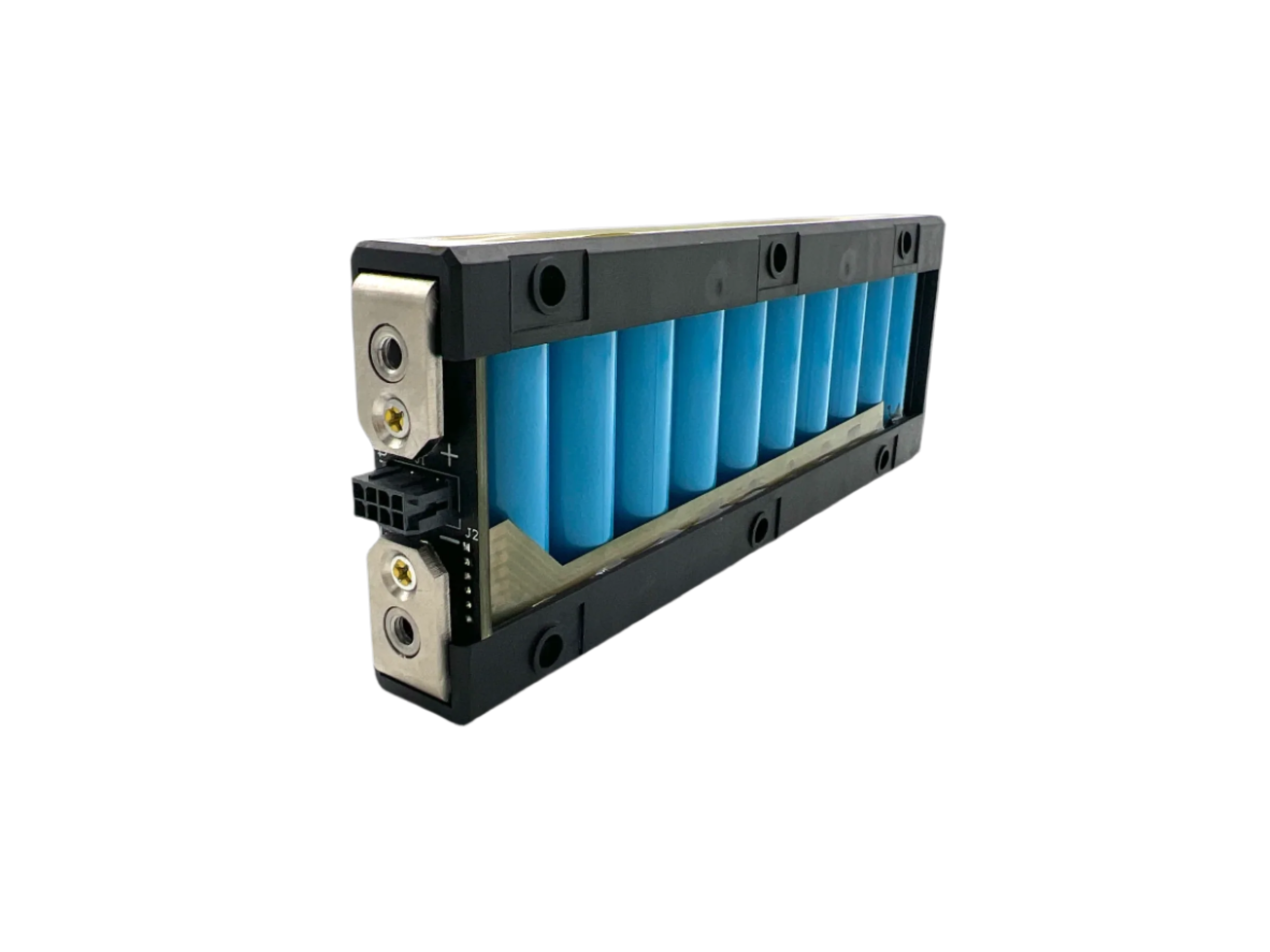
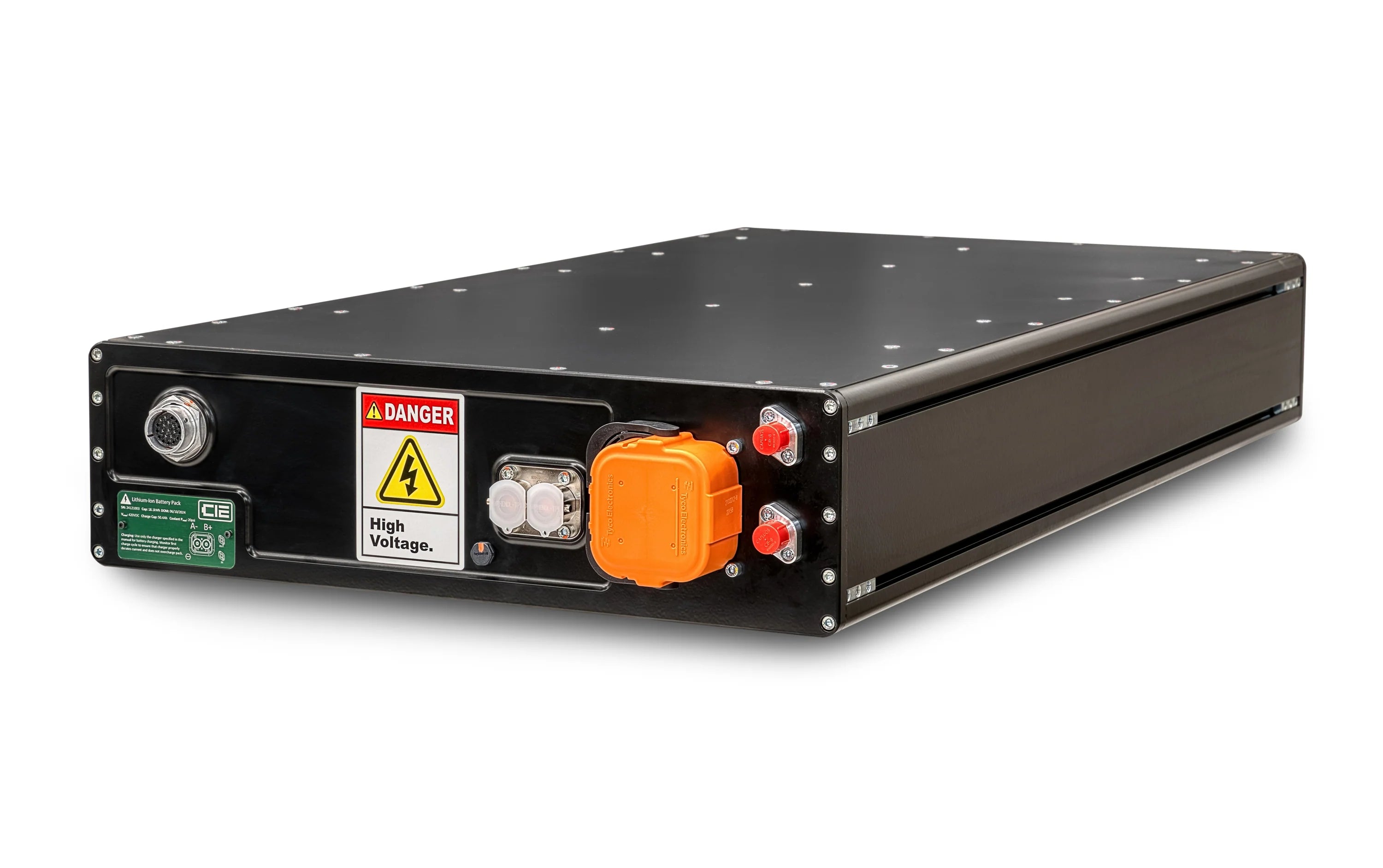
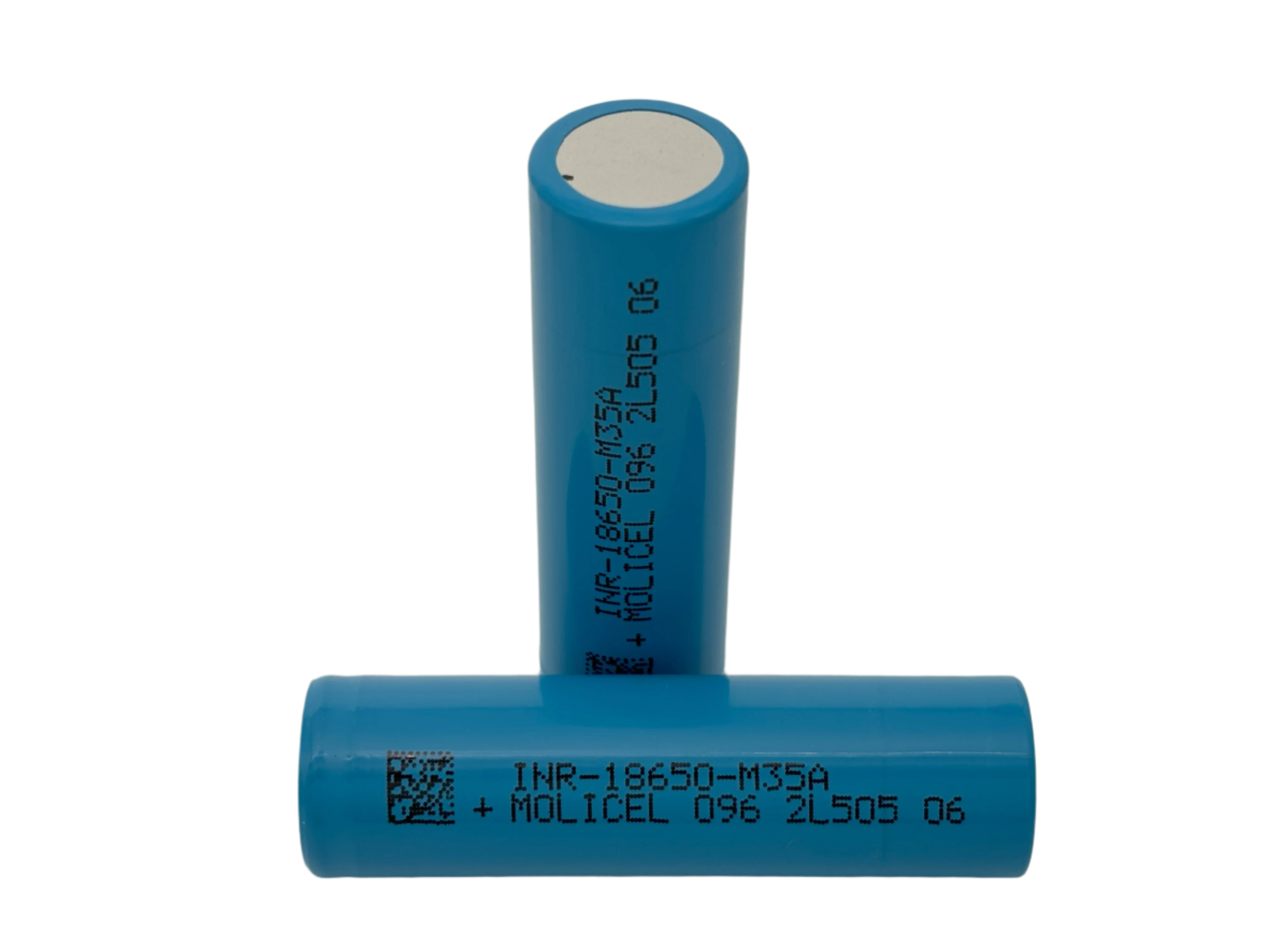
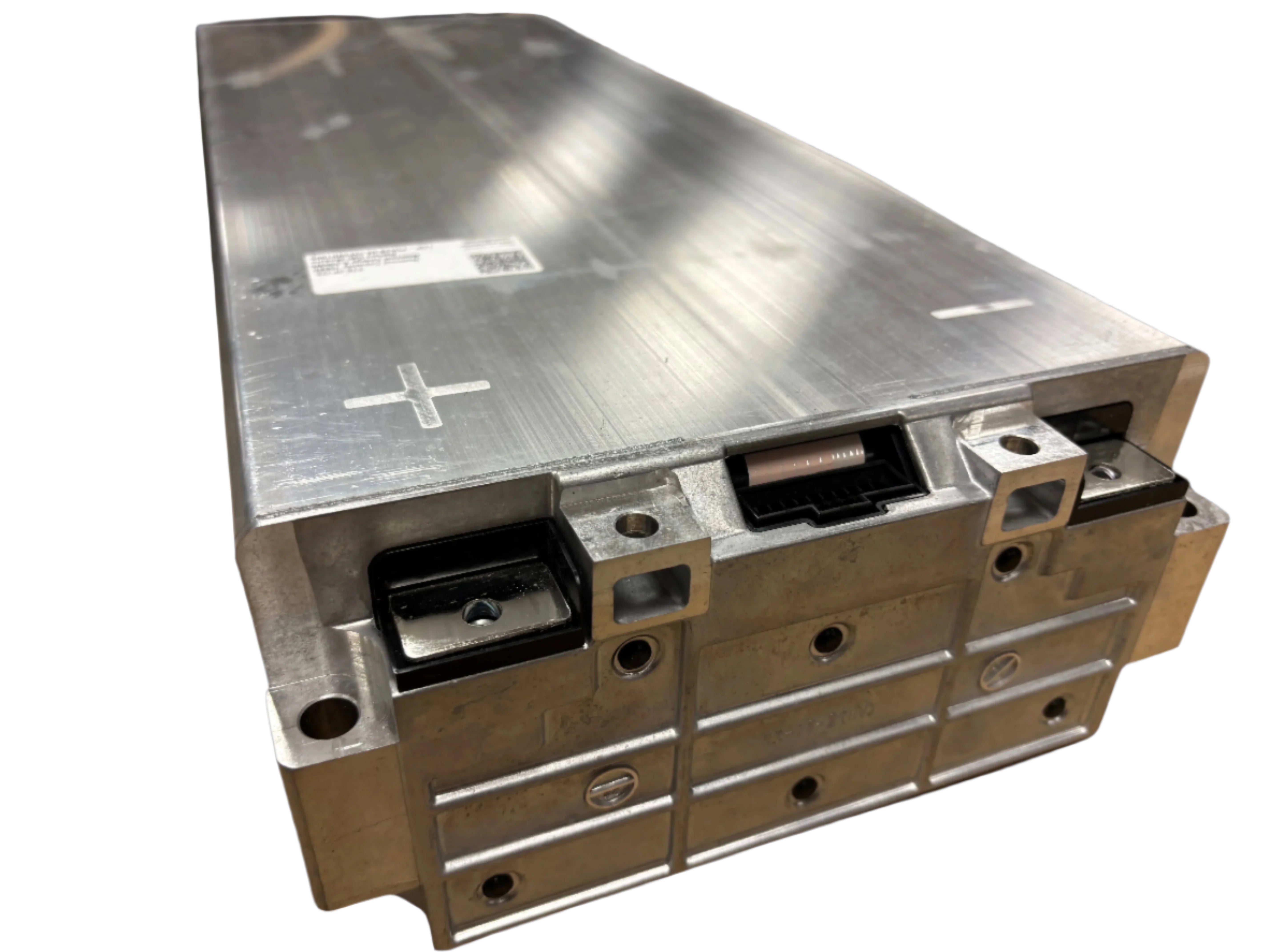
![[Chargers] - EVolve Electrics](http://evsource.com/cdn/shop/products/Orion_JR2_42794065-3572-4b32-b494-a1eb57feb98c.jpg?v=1599687332&width=768)
